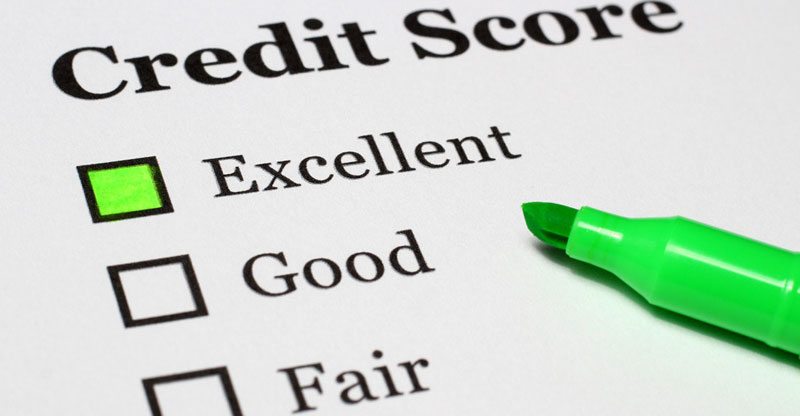Are you looking for a loan or an apartment to rent and worried your credit score is not up to the mark? A credit score is usually mentioned in your credit file, which is a report prepared by your chosen financial firm and is used by lenders, banks and property owners to check your financial worth. Based on this report, they decide if you can lease an apartment, your interest rate and the amount you could borrow. Your credit score must be good enough to impress lenders and property owners. Check out the following tips to improve your credit score and ward off any negative projections.
Review Your Credit Report
Startby reviewing your credit report and look for areas that require improvements like missed payments, late submissions, outdated information, or any false details. Go through the report and see if the whole information is correct, highlighting any weak areas. If you are thinking of renting a property, then you must know what credit score is needed to rent an apartment. You usually get a free credit report once a year from your credit agency, so you can analyze it and make a list of areas that need improvements.
Create Payment Reminders
To avoid missed payments, it is a good idea to jot down the deadlines of due payments. Set up a reminder or use a planning app, which could notify you of the billing amount on the due date. Make sure you pay your dues on time to avoid missed deadlines or derogatory marks in your report. These could affect your loan application and lease agreement.
Try Paying Two or Three Times In a Billing Cycle
It is a good practice to make more than one payment during a single billing cycle if you have the means. It shows the lender that you are responsible, reliable and you have the finances to pay back the loan requested. It will also help improve your credibility as a customer. Landlords and banks would know you can pay your dues without missing a deadline. Pay your bills after every two weeks instead of a month; it greatly reduces your credit utilization and steps up your overall rating.
Collaborate With Your Creditors
Whether you are looking for a reduced IRS Tax liability or an improved credit score, it is vital to know your sponsors. You must interact with the stakeholders involved like your lenders and credit firm agents to gain their trust and support. Communicate with them, understand your responsibilities, and immediately notify them about payoffs that you cannot make. Set up a revised payment plan to offset the missed deadlines.
Keep Your Finances In Check
Monitor your payments, debts, and credit card use carefully. Reviewing business credit reports can also provide valuable insights, helping you to better understand factors that impact your credit standing. Avoid closing unused credit card accounts because the credit history will help add to your rating. Do not make payments in old debts that are charged off, as it activates the debit account and reduces your credit score. When applying for a loan, make sure you clear off any old debts and payments due in order to increase your chances of getting your application approved and snag a good credit rating.
